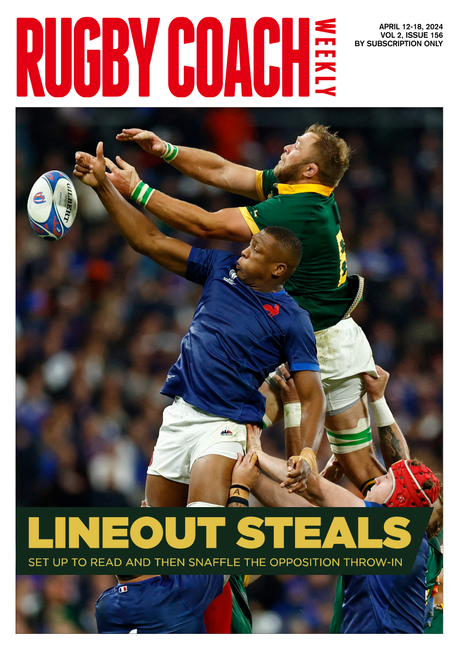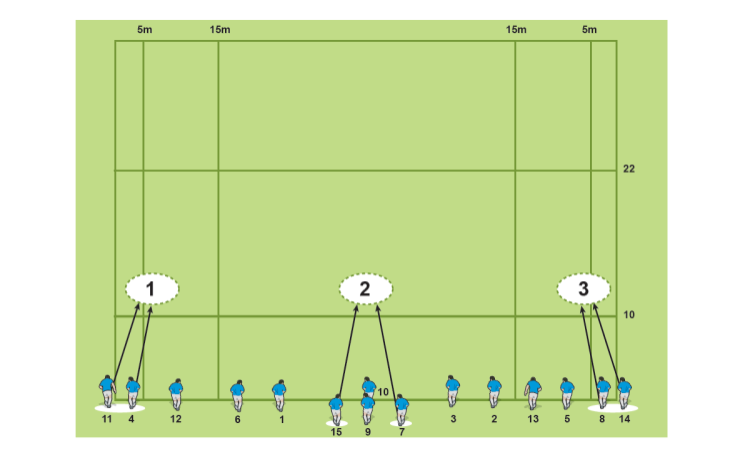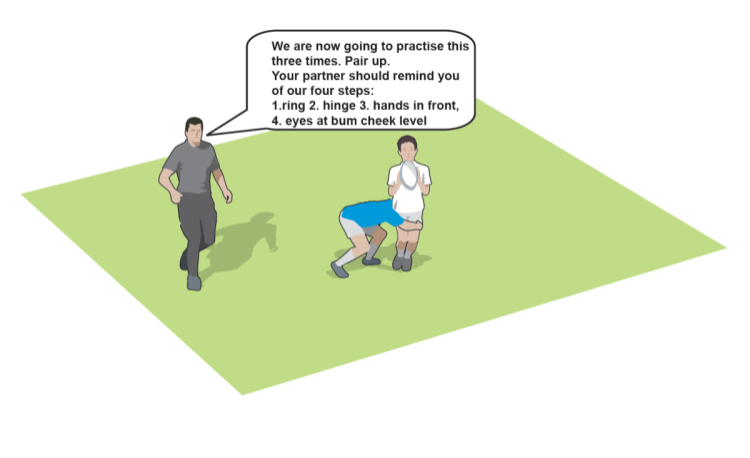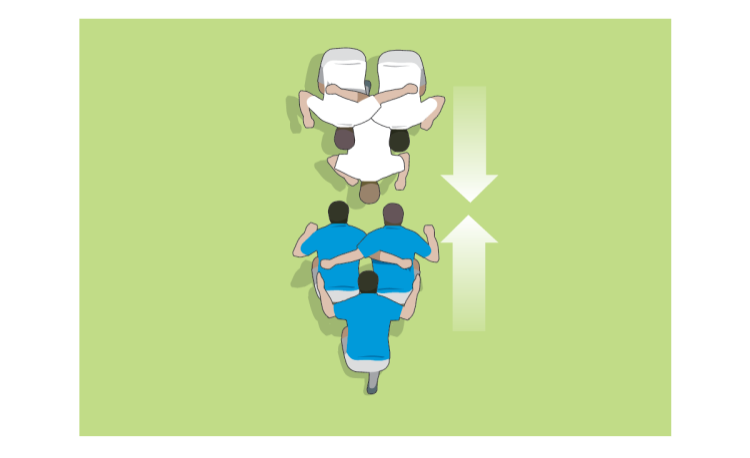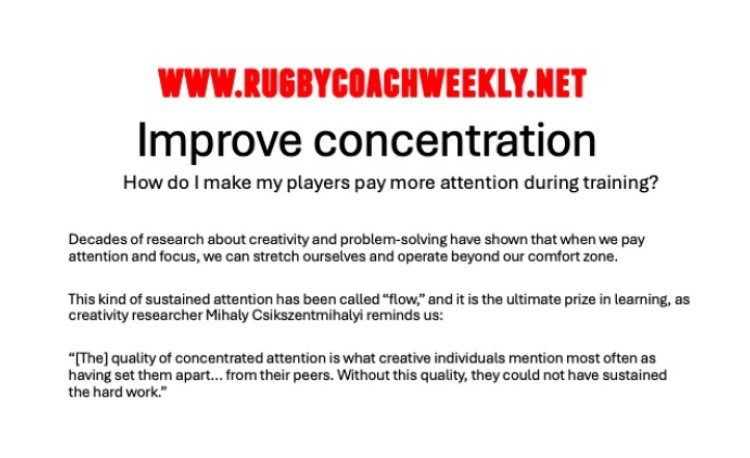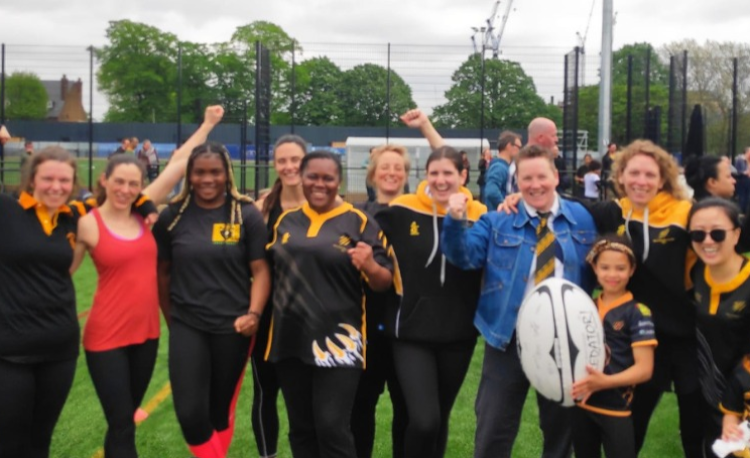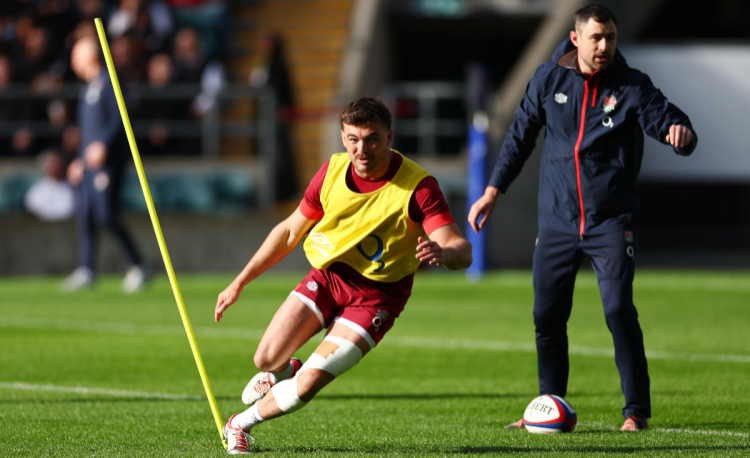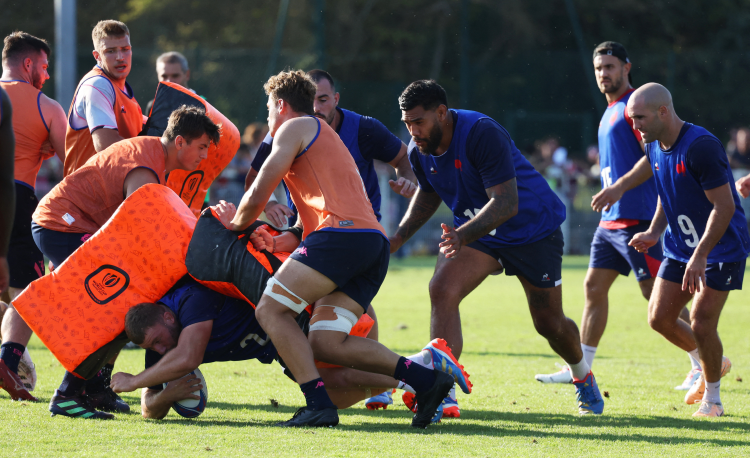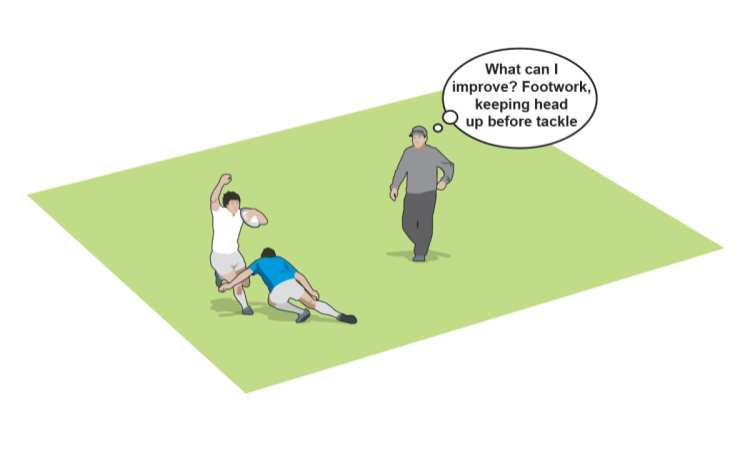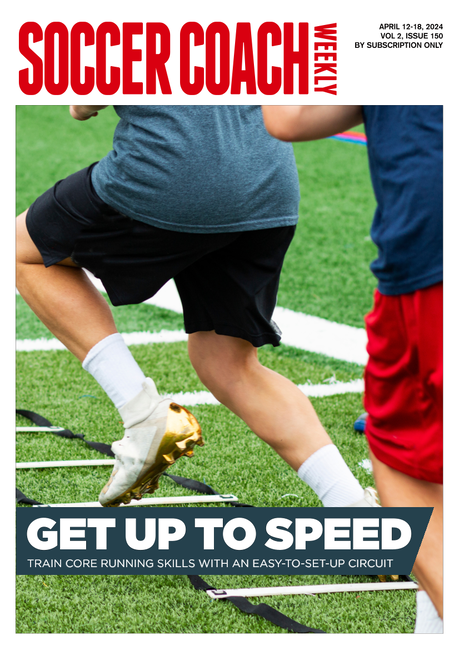You are viewing
1 of your 2 free articles
The Coach's Guide to Teaching: Practical ways to use Doug Lemov's latest book
Dan Cottrell invites Dave Sharkey, Ged Hall and Edd Conway to say how they would use Doug Lemov's latest book, The Coach's Guide to Teaching in their own environments.
Bestselling author and teaching guru Doug has drawn on his vast practical classroom experience to see he can help coaches produce better players. The panel discusses their main takeaways from the book in the context of their own coaching.
The main areas covered are:
- Decision making
- Practice design
- Feedback
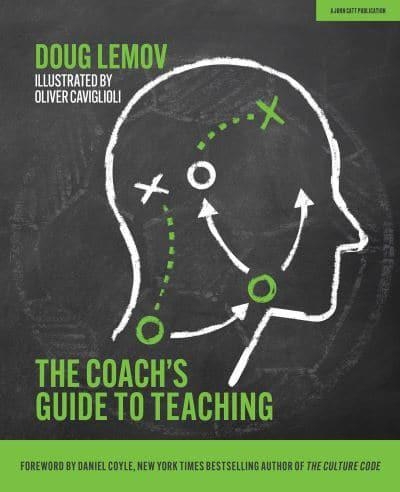
Click here to buy a copy of the book.
Here's the book blurb.
The mark of a great coach is a constant desire to learn and grow. A hunger to use whatever can make them better. The best-selling author of Teach Like a Champion and Reading Reconsidered brings his considerable knowledge about the science of classroom teaching to the sports coaching world to create championship caliber coaches on the court and field. What great classroom teachers do is relevant to coaches in profound ways. After all, coaches are at their core teachers. Lemov knows that coaches face many of the same challenges found in the classroom, so the science of learning applies equally to them. Unfortunately, coaches and organizations have a mixed level of understanding of the research and study of the science of learning. Sometimes coaches and organizations build their teaching on myths and platitudes more than science. Sometimes there isn't any science applied at all. While there are thousands of books and websites a coach can consult to better understand technical and tactical aspects of the game, there is nothing for a coach to consult that explicitly examines the teaching problems on the field, the court, the rink, and the diamond. Until now. Intended to offer lessons and guidance that are applicable to coaches of any sporting endeavor including everyone from parent volunteers to professional coaches and private trainers, Lemov brings the powerful science of learning to the arena of sports coaching to create the next generation of championship caliber coaches.
Newsletter Sign Up
Coaches Testimonials

Gerald Kearney, Downtown Las Vegas Soccer Club

Paul Butler, Florida, USA

Rick Shields, Springboro, USA

Tony Green, Pierrefonds Titans, Quebec, Canada
Subscribe Today
Be a more effective, more successful rugby coach
In a recent survey 89% of subscribers said Rugby Coach Weekly makes them more confident, 91% said Rugby Coach Weekly makes them a more effective coach and 93% said Rugby Coach Weekly makes them more inspired.
Get Weekly Inspiration
All the latest techniques and approaches
Rugby Coach Weekly offers proven and easy to use rugby drills, coaching sessions, practice plans, small-sided games, warm-ups, training tips and advice.
We've been at the cutting edge of rugby coaching since we launched in 2005, creating resources for the grassroots youth coach, following best practice from around the world and insights from the professional game.


